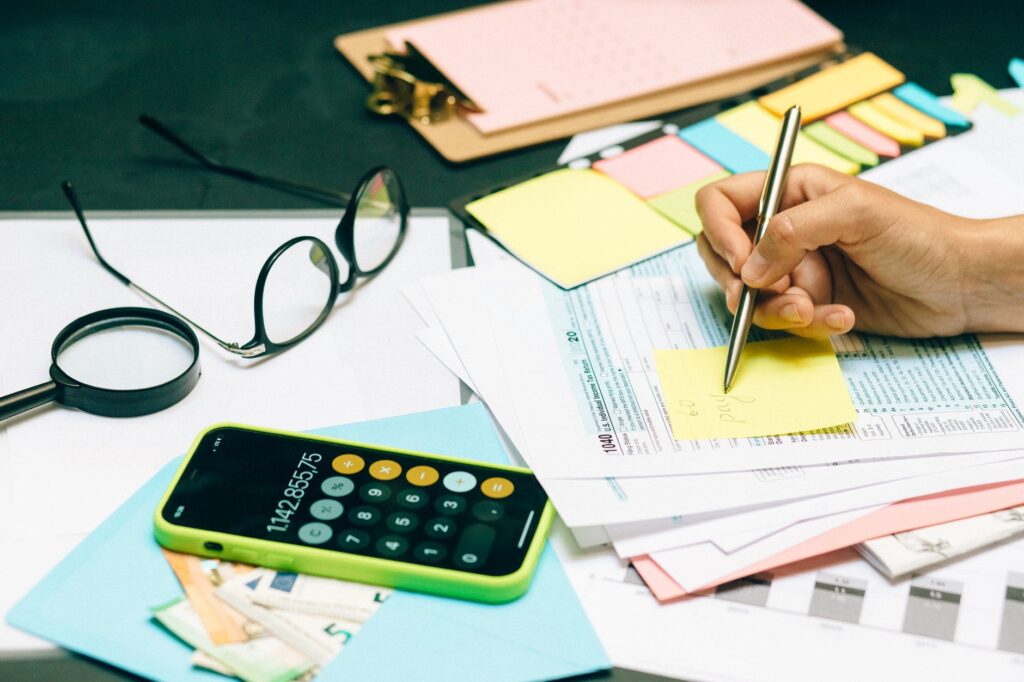Owning a house is a goal for many people, but it can take a lot of work to achieve that. And even if you feel ready to upgrade from renting to owning, you might not know if your finances are ready to withstand the additional expenses. Luckily, by looking at your financial health, you can start to make some decisions.
You Can Afford the Down Payment

It’s ideal to have 20 percent of the home’s total cost saved, but that doesn’t mean you absolutely have to. It just means you will not need to take out private mortgage insurance. However, many times, you can get loans where you put down around 3 to 3.5 percent. Depending on your veteran status, you might be able to get a loan without any down payment.
Still, having at least some down payment can be beneficial, especially since it reduces what you have to borrow at a higher rate. Private mortgage insurance is a protection for the lending company if you default, but it also costs you each month. It can save you thousands of dollars if you do not have to take this out.
There are a few ways of increasing the amount of money you can afford as a down payment. For example, you might try to stick to buying only the necessities so you can put as much as possible into your savings account. Or you may try to sell assets you no longer need. You could consider selling your life insurance policy and using the proceeds toward a down payment. If you are thinking of this route, you can review a guide that list the top life settlement companies. You can learn more if you click here to see for yourself.
Debt is Under Control

Of course, the ideal is to not have any debt at all before you take out a mortgage, but that is not always realistic. Whether you are making car payments, have student loans, or owe money on credit cards, you might need to focus on this before saving for a mortgage. However, even if you are still on the way to becoming free of debt, you might be able to buy a home as well. It all depends on how much you still owe and how long it will take you to pay it back.
Your Income and Credit Score are Set

It’s important to have a good credit score, since this determines how easy it is to get a loan. This is often lower earlier in life, especially if you are early in your career. But when you start to pay down debt, proving that you are a good borrower, the score will begin to go up. You can use free credit monitoring tools to check your score and learn how to fix it if it needs improving. It’s also important to have a set, reliable income source. This assures the lender that you are able to make the monthly payments on the loan. The amount and regularity of your income will also determine the amount and rate a lender gives you.
There is not a certain minimum income you need to purchase a home, but there are methods of determining whether or not you have enough cash flow coming in to get the loan you need. The amount of debt you already have will partially determine if you can take on more debt. And it may be preferrable for your mortgage payments to be below a certain percent of your monthly income.
You Are Ready for the Additional Responsibility

Taking out a mortgage and owning a house are both big commitments, especially since a mortgage can last anywhere from 15 to 30 years. Of course, you don’t need to be in the home that long, but you should still make sure you will stay there for a while. For example, if you think your career will take you to a new area, you might want to hold off on buying. And if your income tends to fluctuate, such as when doing freelance work, you might not want to lock yourself into a mortgage. On the other hand, if you are ready to settle down in one location, you could benefit from the process. Even having another bedroom or two could make a difference, especially if you are thinking about starting a family soon. And if you run a business form the home, having extra space can also be extremely helpful.
Considering the Other Costs of Owning a Home

When most people think of home ownership, they likely only think about the monthly mortgage payments. However, the real costs go beyond this, so you will need to think about all aspects. For example, your lender might require you to have a certain level of coverage in order to get a loan. That’s because they want to protect their collateral in case you default on the loan and something happens to the house. Consider the cost of property taxes in your area as well. These can vary depending on the area you live, but they are calculated based on a percentage of the home’s value.
Whether or not your landlord currently covers the cost of any utilities, you will be paying more when you have more space in a house. Consider the cost of heating, cooling, water, sewage, and electricity for a home when coming up with your budget. The same is true of maintenance costs, as the landlord will pay for most repairs to a rental. However, if the HVAC system or an appliance goes bad in your home, you will have to cover the cost yourself.
Consider the cost of repairs and regular maintenance to prevent bigger issues. And if you are getting an older home, you might find yourself spending even more on repairs. There are some one-time costs of purchasing a home, such as closing costs. This is the fee you are paying to close on the loan, and it could include lender fees, title insurance, or other things. And don’t forget to include the real estate agent’s fee as well.







